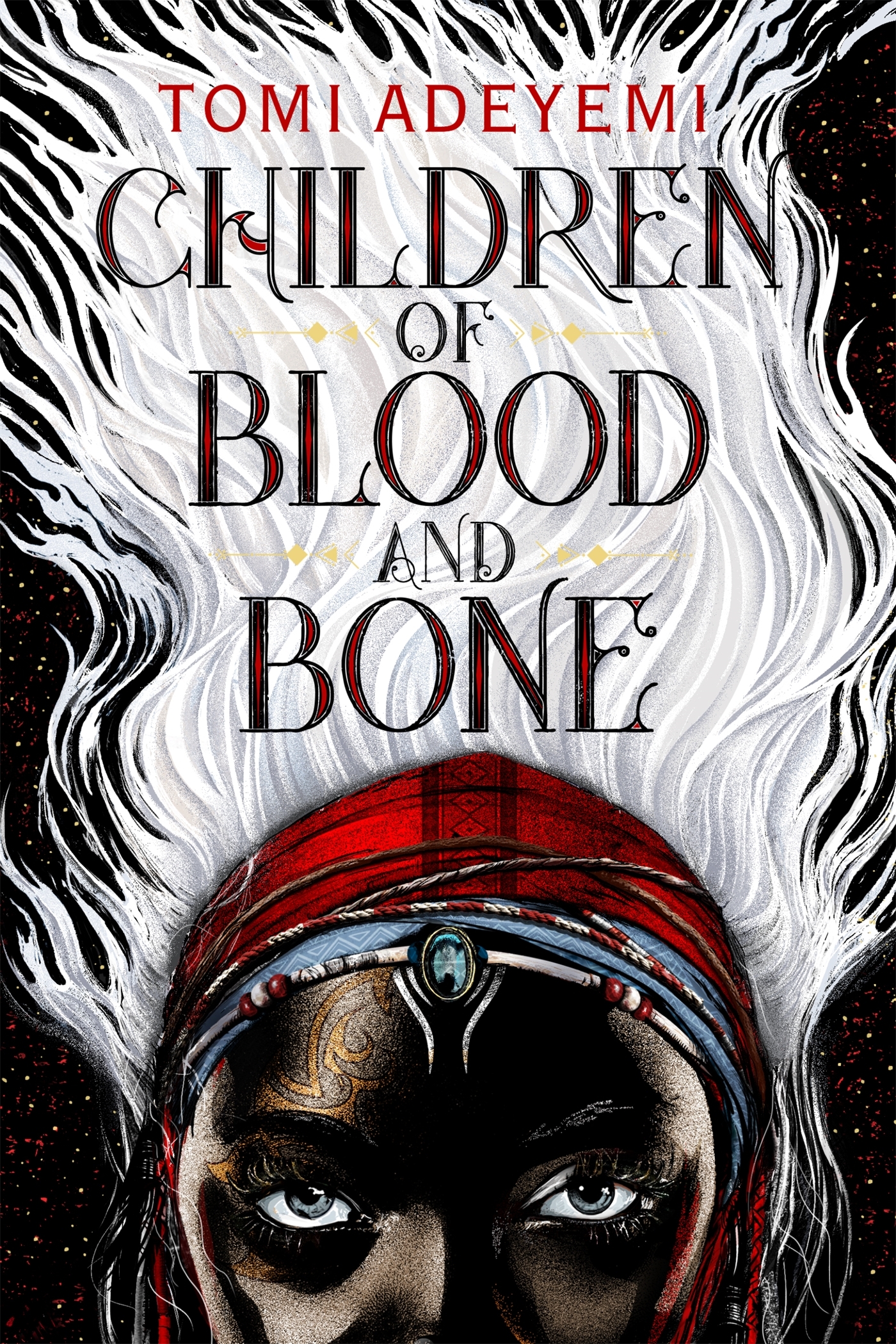When I mentioned to coworker Michael - who was putting together a poetry exhibit at the library - that there were a couple of recently published books of poetry that I had found 'harrowing,' he raised an eyebrow at the word I used and suggested reviewing the books here.
It is an apt word for the poems in these two books. The poems, based on fact, are full of bitter tales of family separation and longing, loss and displacement, and scenes of annihilation of people and places. Coming to terms with the daily threat of death before you have barely had a chance to experience life is an overall theme in each book.
Poets Frank X Walker and Mosab Abu Toha are from ethnic groups whose people have been viewed throughout history as disposable, and while the contexts of these two poetry collections are different in place and time, the themes expressed have such strong parallels that it made sense to review them together. One collection is set in the context of the American Civil War and the other in present day Palestine.
Walker, a professor of English at the University of Kentucky and a former Poet Laureate of the state, has published 13 books of poetry. His poems often focus on specific historical events. His latest is called Load in Nine Times and draws on actual events while imagining the thoughts and emotions of Black Civil War soldiers and their families. These carefully composed poems give us a view of the horrors endured by men who eagerly signed up for soldiering in the Union army in exchange for the commonly understood expectation of emancipation from slavery for themselves and their wives and children.
Walker often does many months of research on a historic event before writing a poem about it, and several of the poems in Load in Nine Times imagine the thoughts of real people whose stories he found in archival records. The horrors described take time to emotionally digest, and these poems often left me feeling haunted. The two poems "Unsalted" and "How Salt Works" are about the 1864 massacre by Confederate soldiers at Saltville, Virginia of 46 Black soldiers who had been inadequately armed for battle and then abandoned on a muddy, freezing battlefield by order of their commander after they had been wounded. Other poems describe equally depraved behavior by commanding officers of both armies.
The poems reveal that like so much else in the American story, the military experience was much worse for Blacks than for white soldiers. And yet I was left with the impression that this terrible experience of going into battle with all its terrors and risk was still preferred to remaining enslaved. This series of poems provides such a close look at our gruesome history that the book felt a bit sacred to me once I had finished it; there is deep respect due to the people who suffered these experiences. At the back of the book, a timeline of Civil War developments and turning points plus several pages of notes discussing specific events that inspired some of the poems provide a helpful interpretive context.
Forest of Noise is a collection of poems by 32-year-old Palestinian writer Mosab Abu Toha. His poems have been published in The New Yorker, The Atlantic, The Nation, The Paris Review, The Los Angeles Review of Books, and many other periodicals. He has won several prizes for his poetry. Like most Gazans, Toha has lost numerous family members, neighbors and lifelong friends who have been killed in the onslaught of retaliation by the Israeli Defense Forces in response to the October 7, 2023 Hamas attack on Israeli civilians. He, too, writes of bereavement, longing and unfathomable destruction of the people and community he has known all his life. So many people are missing from the world he knew that he writes of "Frying pans [that] miss the smell of olive oil. Clotheslines everywhere pine for soap scent," the doorknobs missing the touch of human hands and the ubiquitous rubble where the homes, olive and orange tree groves, and gathering spots of family and friends used to be. Like Walker, Toha brings you right into the immediacy of deep grief and it stings.
Here are some lines from his poem "Under the Rubble," which I first read in The New Yorker, before I knew who this poet was:
In Jabalia Camp, a mother collects her daughter's
Flesh in a piggy bank,
hoping to buy her a plot
on a river in a faraway land.
A group of mute people
were talking sign.
When a bomb fell,
they fell silent.
The scars on our children's faces
will look for you.
Our children's amputated legs
will run after you.
He left the house to buy some bread for his kids.
News of his death made it home,
but not the bread.
A father wakes up at night, sees
the random colors on the walls
drawn by his four-year-old daughter.
The colors are about four feet high.
Next year, they would be five.
But the painter has died
in an air strike.
There are no colors anymore.
There are no walls.
Where should people go? Should they
build a big ladder and go up?
But heaven has been blocked by the drones
and F-16s and the smoke of death.
...Even our souls,
they get stuck under the rubble for weeks.
These are important books at a time when American history is being suppressed, erased and deceptively revised, and when the people of Palestine are feeling abandoned by the whole world as the entire population of Gaza continues to be under relentless assault, and profiteers wait for a chance to redevelop the places Palestinians call home. These two collections of poems are treasures.
- Marianne W.

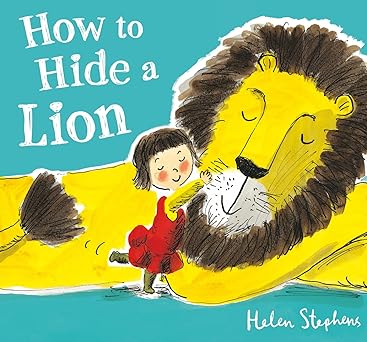
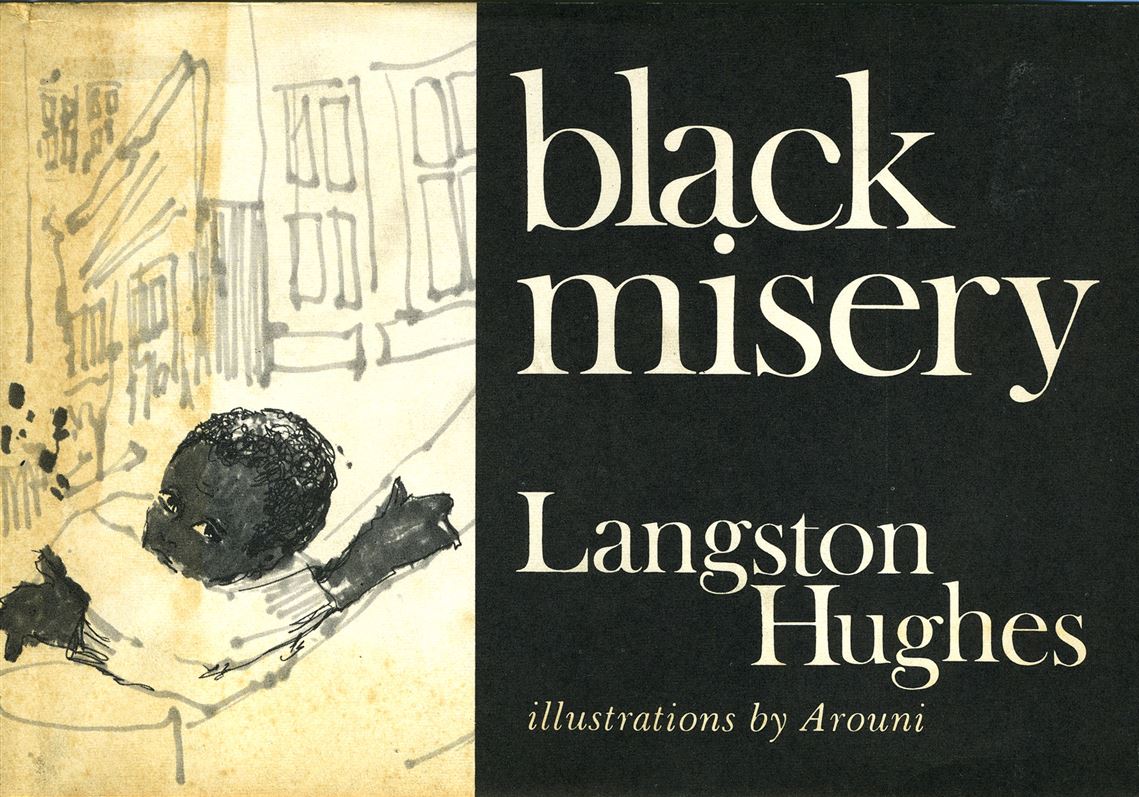



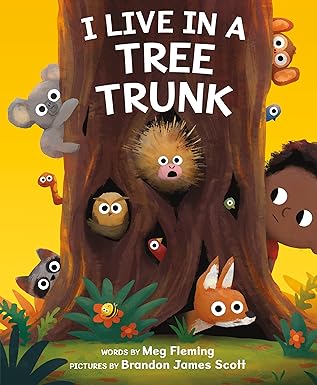

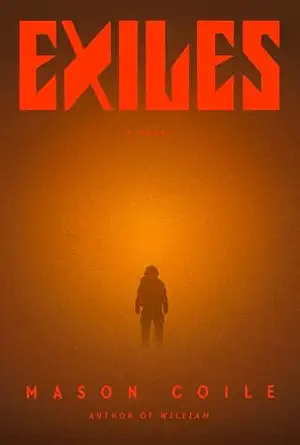
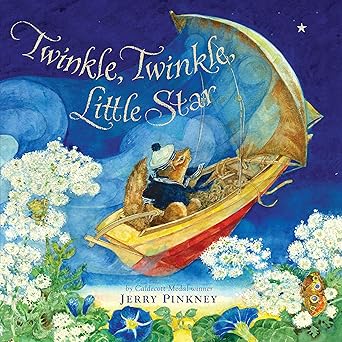
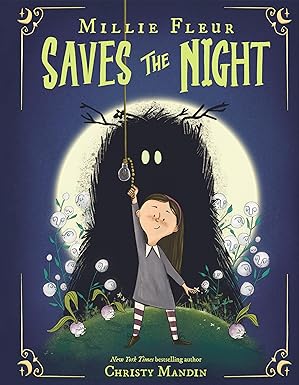


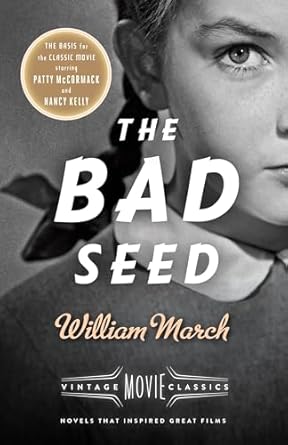




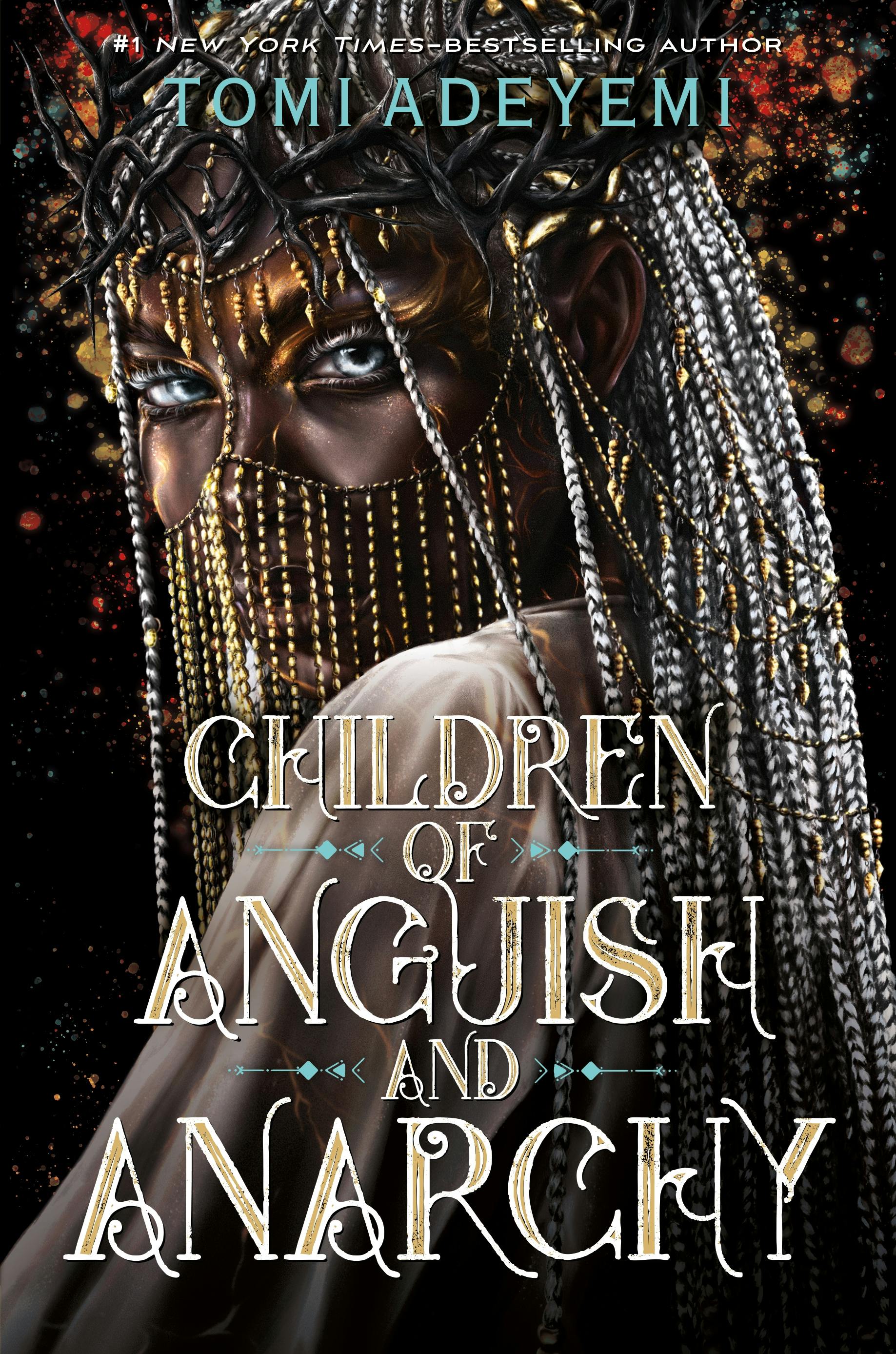




_(14566659598).jpg/800px-The_marvelous_land_of_Oz%3B_being_an_account_of_the_further_adventures_of_the_Scarecrow_and_Tin_Woodman_a_sequel_to_the_Wizard_of_Oz_(1904)_(14566659598).jpg)








